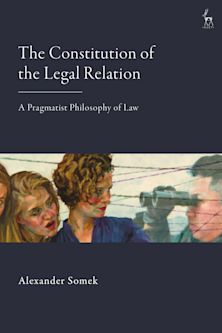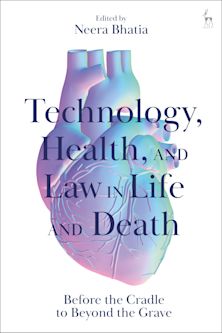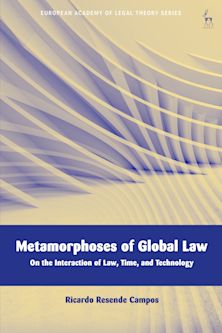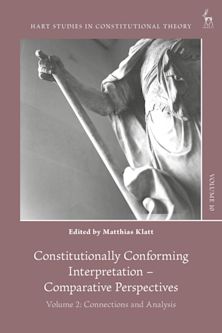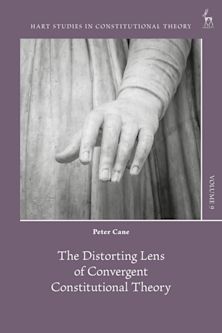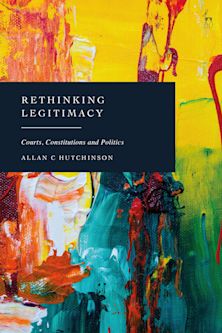- Home
- ACADEMIC
- Law
- Legal Philosophy
- Moral Responsibility and Artificial Intelligence
Moral Responsibility and Artificial Intelligence
Moral Responsibility and Artificial Intelligence
You must sign in to add this item to your wishlist. Please sign in or create an account
Description
This book introduces a novel puzzle, the 'Lorry Driver Paradox', to advance our understanding of moral responsibility beyond current paradigms, to connect moral philosophy and legal scholarship in new ways, and to break new ground in the ethics of AI.
Part 1 introduces the Lorry Driver Paradox as a set of three individually plausible but jointly inconsistent claims. It then develops and defends the concept of strict moral answerability as the most effective solution, making it the central idea of the book, alongside an account of how 'taking responsibility' could amount to a new, hitherto neglected normative power and an exploration of the significance of apologies in our social practices.
Part 2 extends this discussion to the context of artificial intelligence, proposing a major shift in how we currently think about responsibility and AI. It challenges the conventional notion of AI-generated 'responsibility gaps' and, instead, proposes the idea of 'responsibility abundance'. This reframing, it is argued, offers distinct theoretical, dialectical, and practical advantages.
Significant parts of these arguments draw on legal scholarship, particularly considerations about reverse burdens of proof in criminal law and the waiving of state immunity in public international law. On these grounds, the book also pursues the methodological idea of a 'legal lead', that is, the idea that we can advance our understanding of moral responsibility by investigating (selected aspects of) legal responsibility, and not just the other way around.
Table of Contents
Part One: Moral Responsibility
1. The Lorry Driver Paradox
2. Strict Moral Answerability
3. Taking Responsibility as a Normative Power
4. Pascal's Apology
5. The Strictness First Approach
Part Two: Artificial Inteliigence
6. The Autonmous AI Conundrum
7. The Abundance of Strict Moral Answerability
8. Closing AI's Responsibility Gap at Will
9. AI and the Value of Responsibility
10. The ABC of Responsible AI
Conclusion
Product details
| Published | 02 Oct 2025 |
|---|---|
| Format | Ebook (PDF) |
| Edition | 1st |
| Extent | 176 |
| ISBN | 9781509956869 |
| Imprint | Hart Publishing |
| Series | Law and Practical Reason |
| Publisher | Bloomsbury Publishing |
About the contributors

ONLINE RESOURCES
Bloomsbury Collections
This book is available on Bloomsbury Collections where your library has access.












